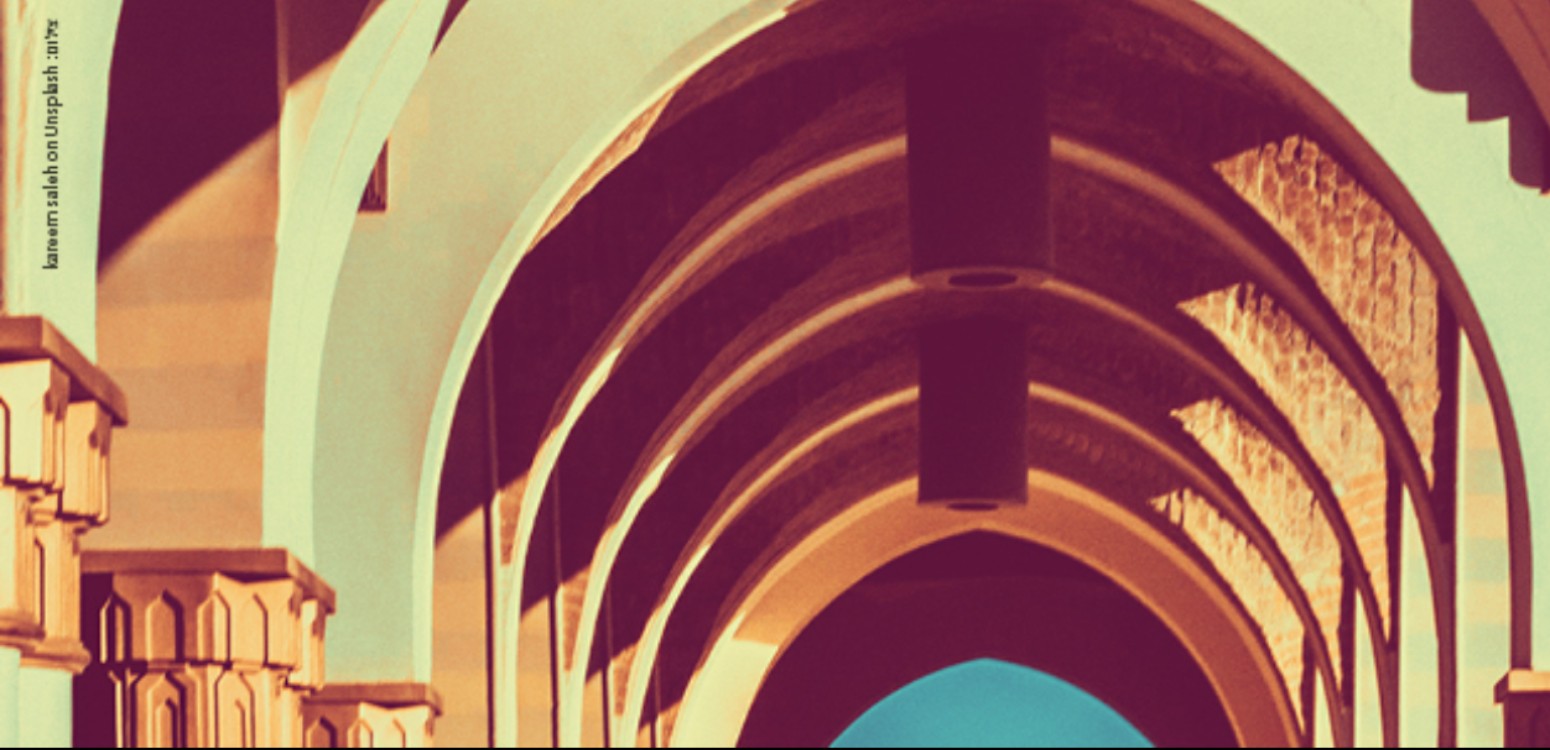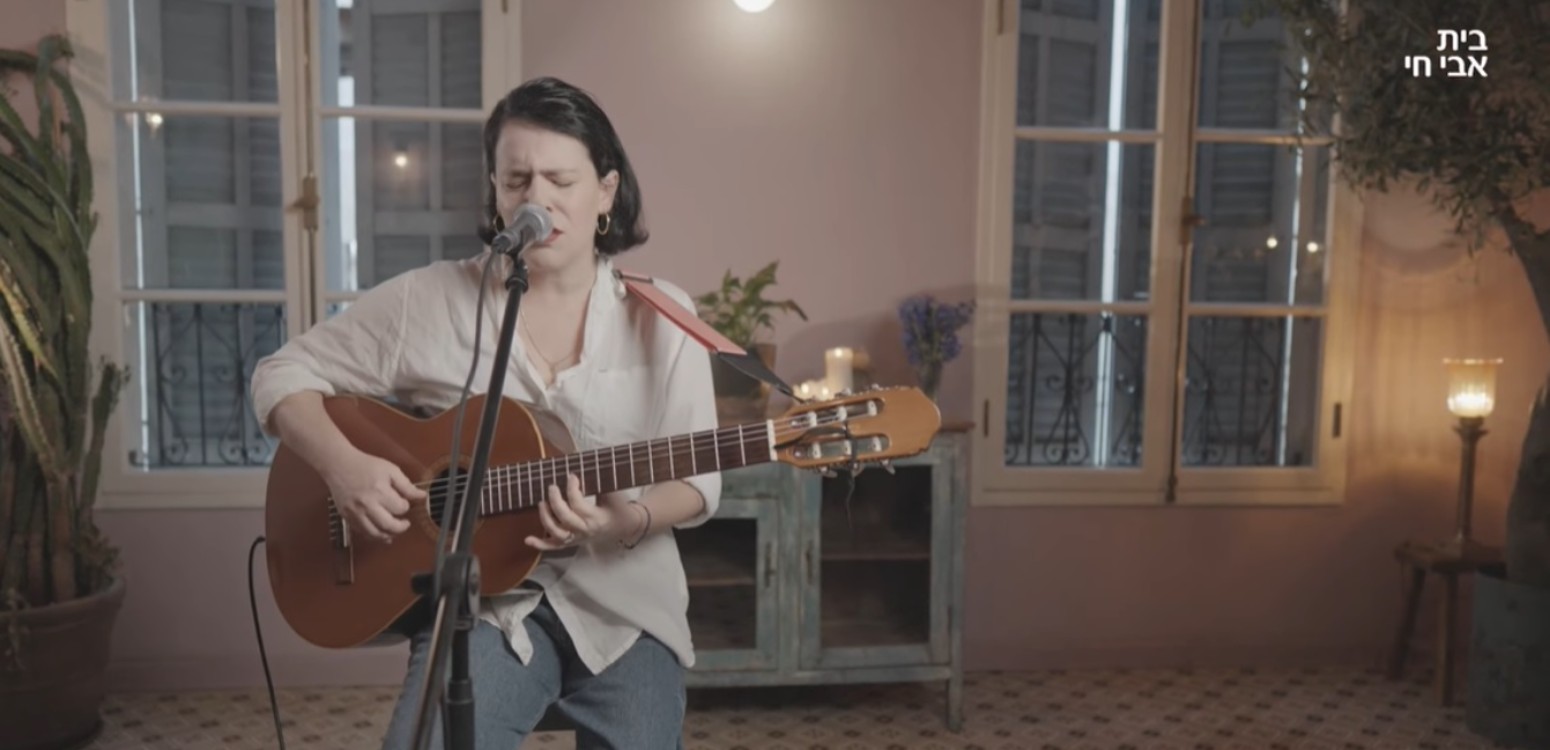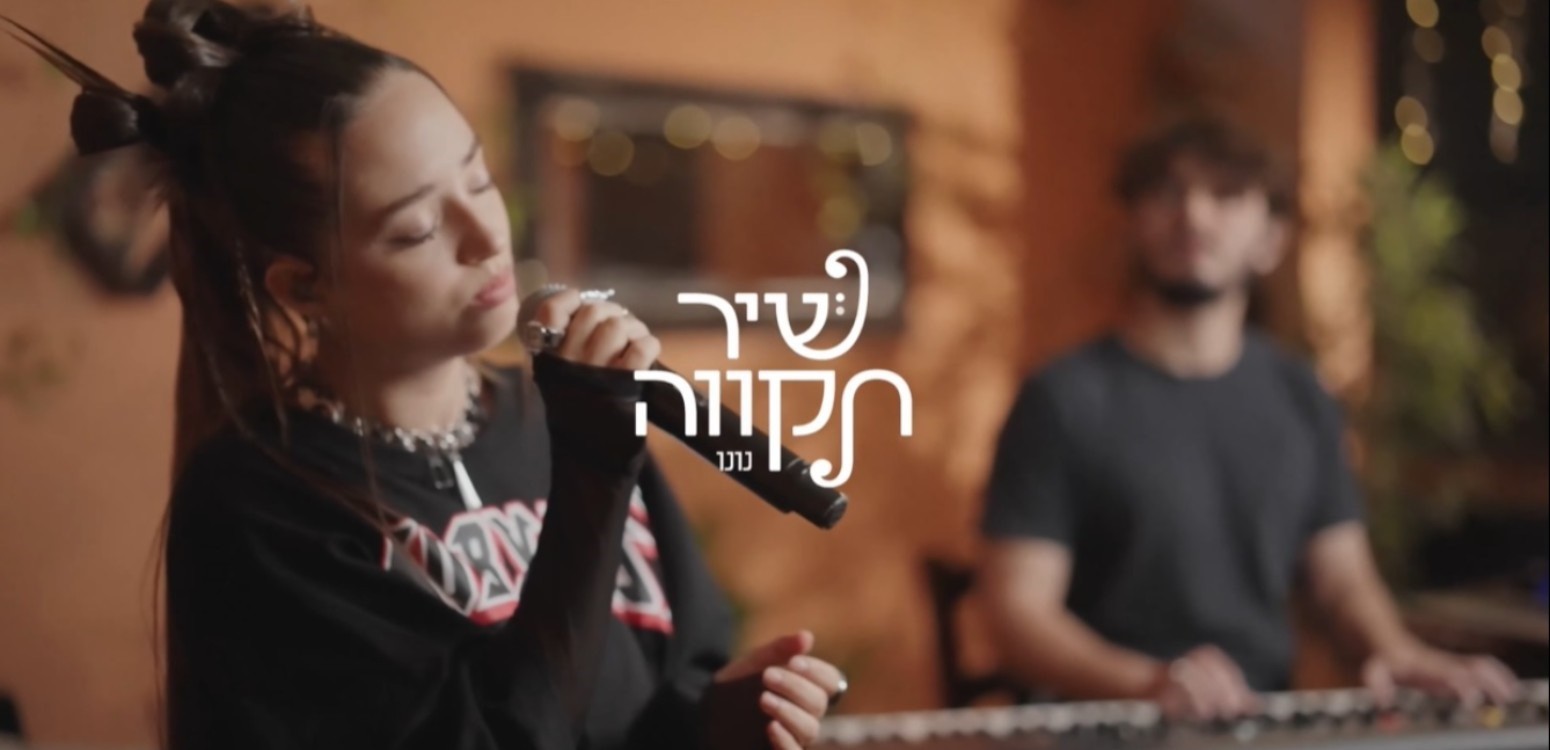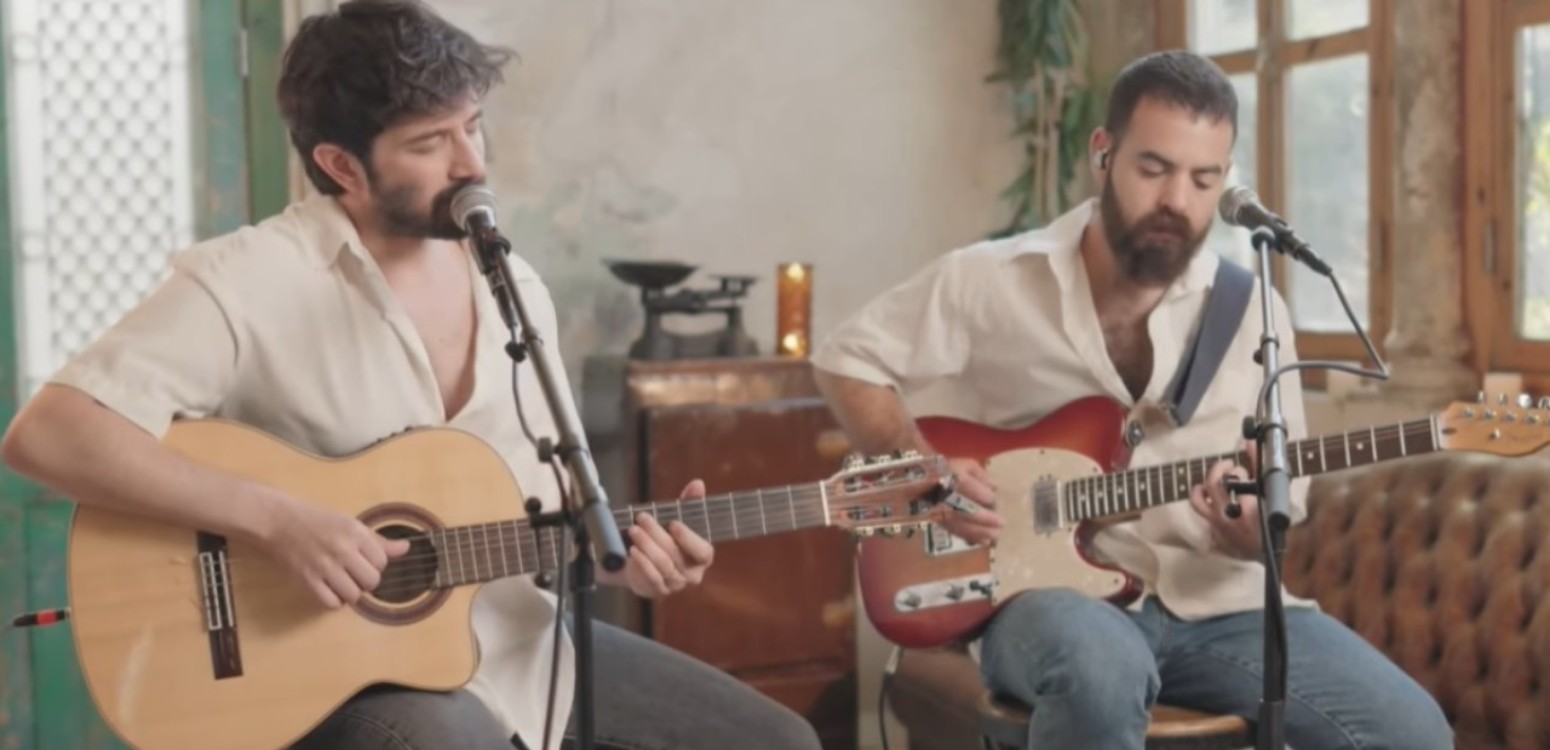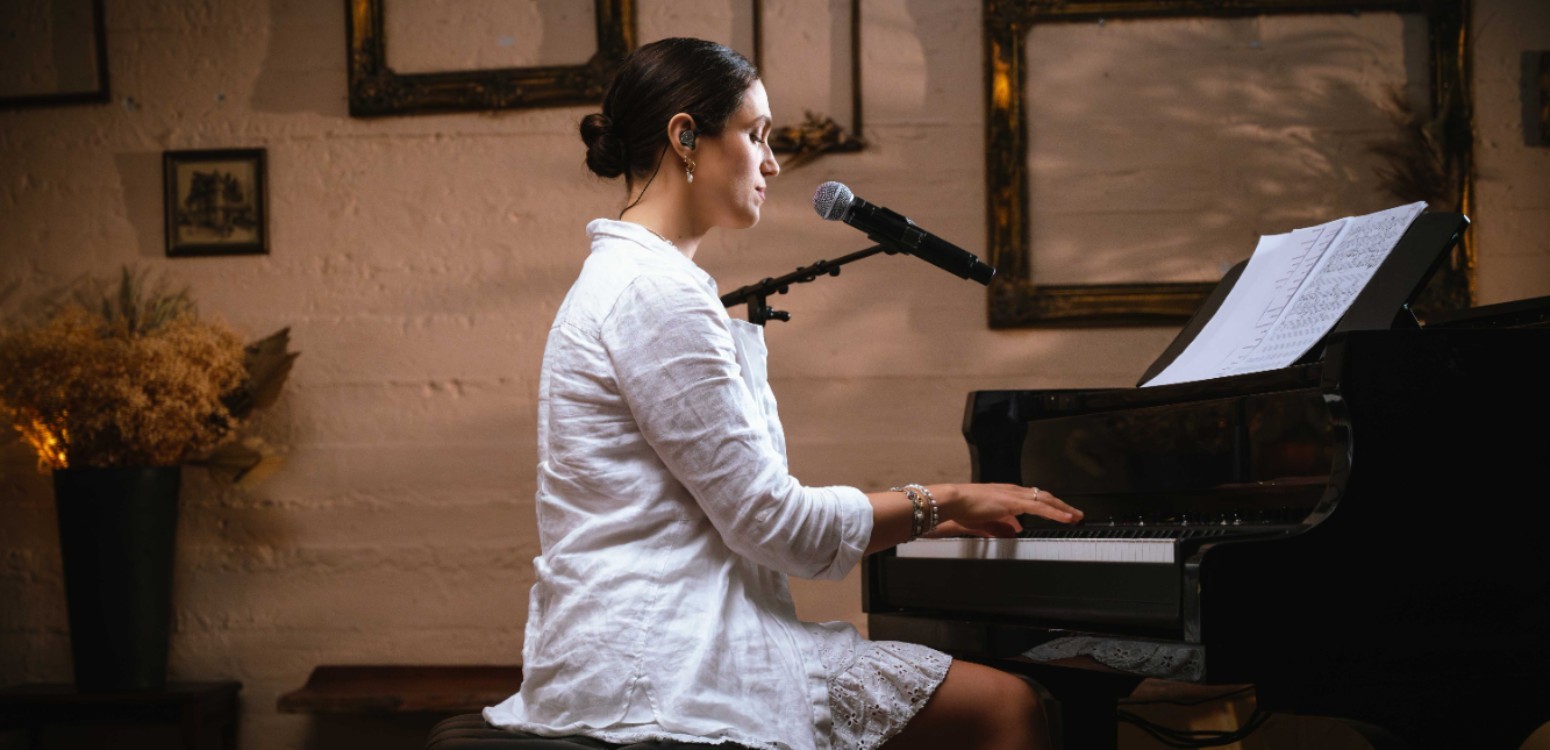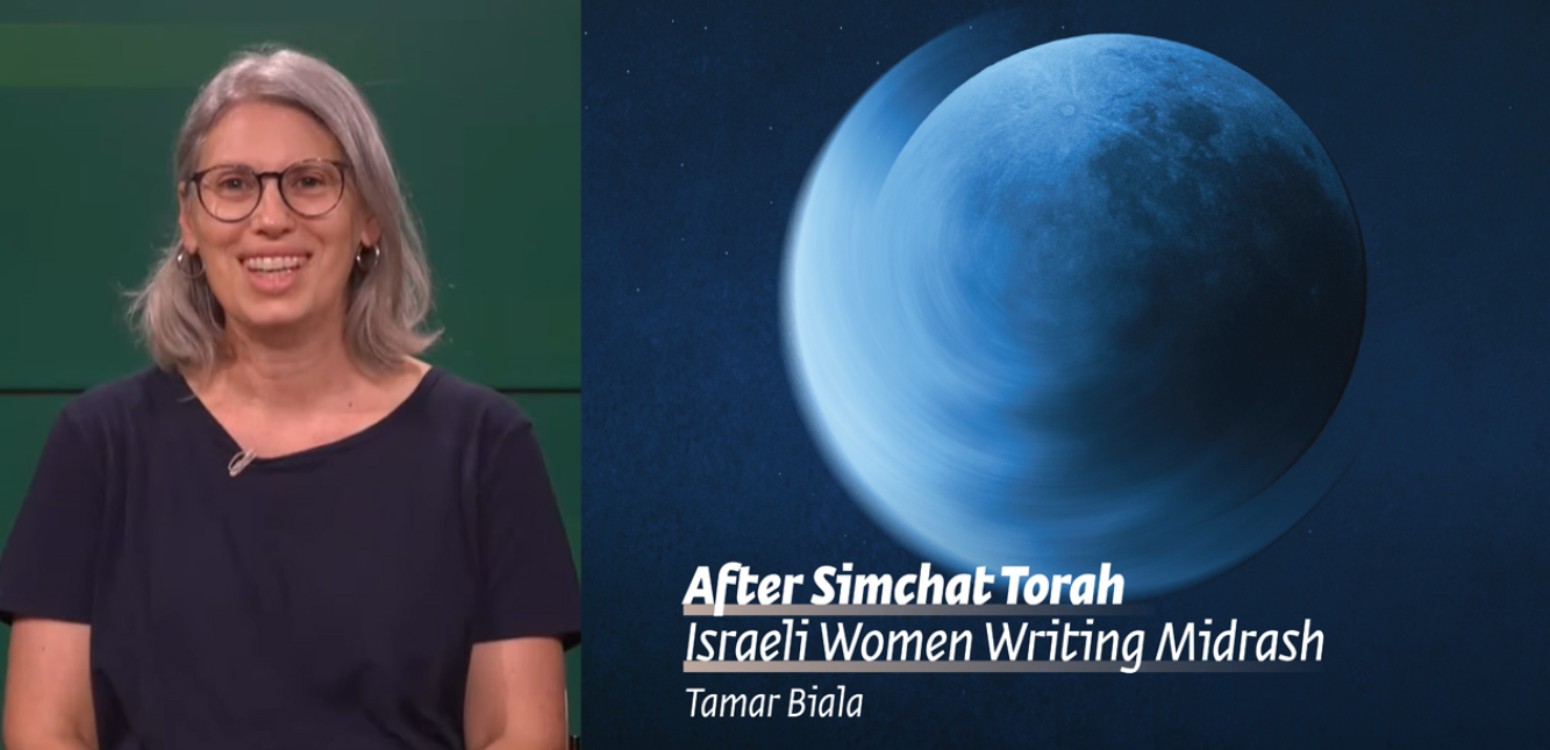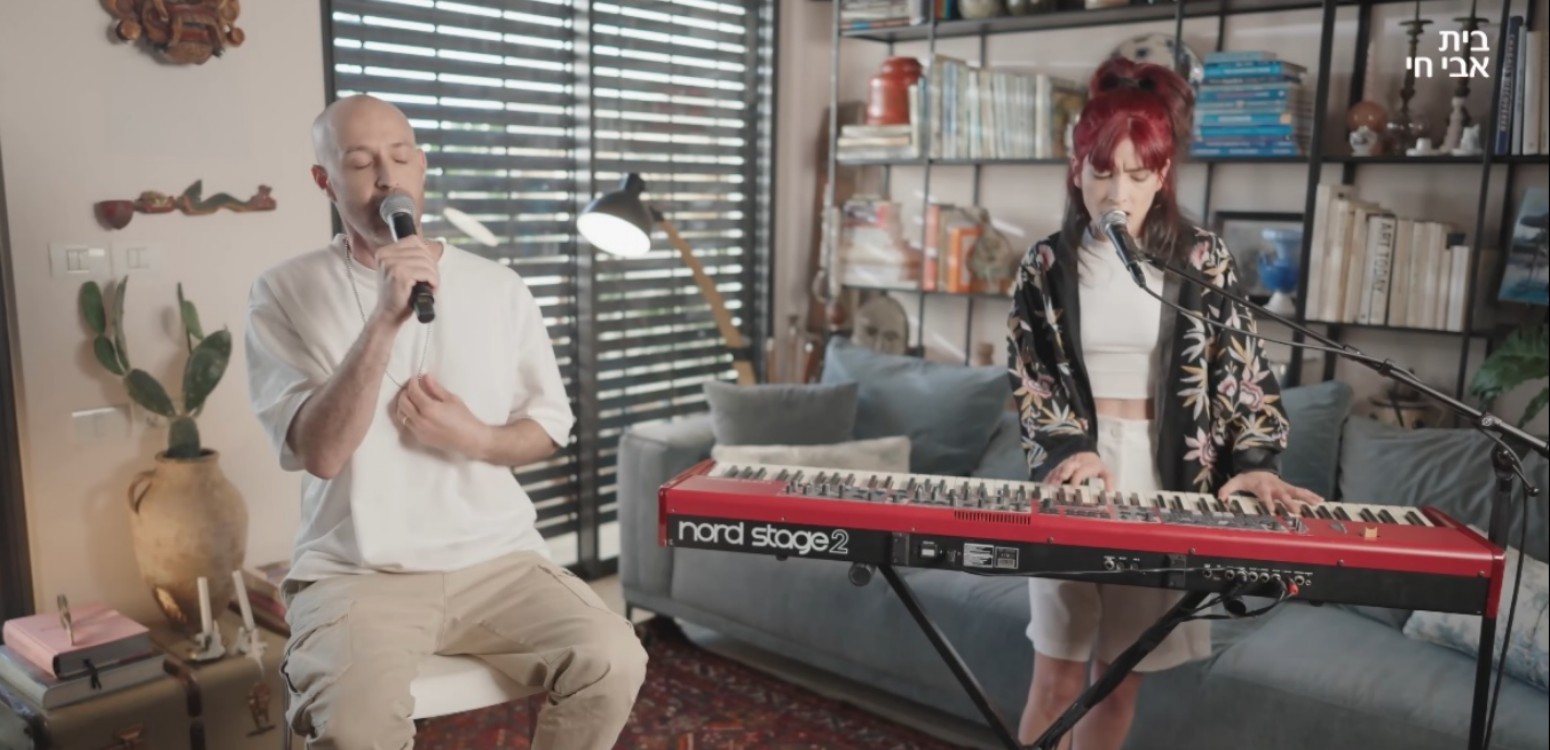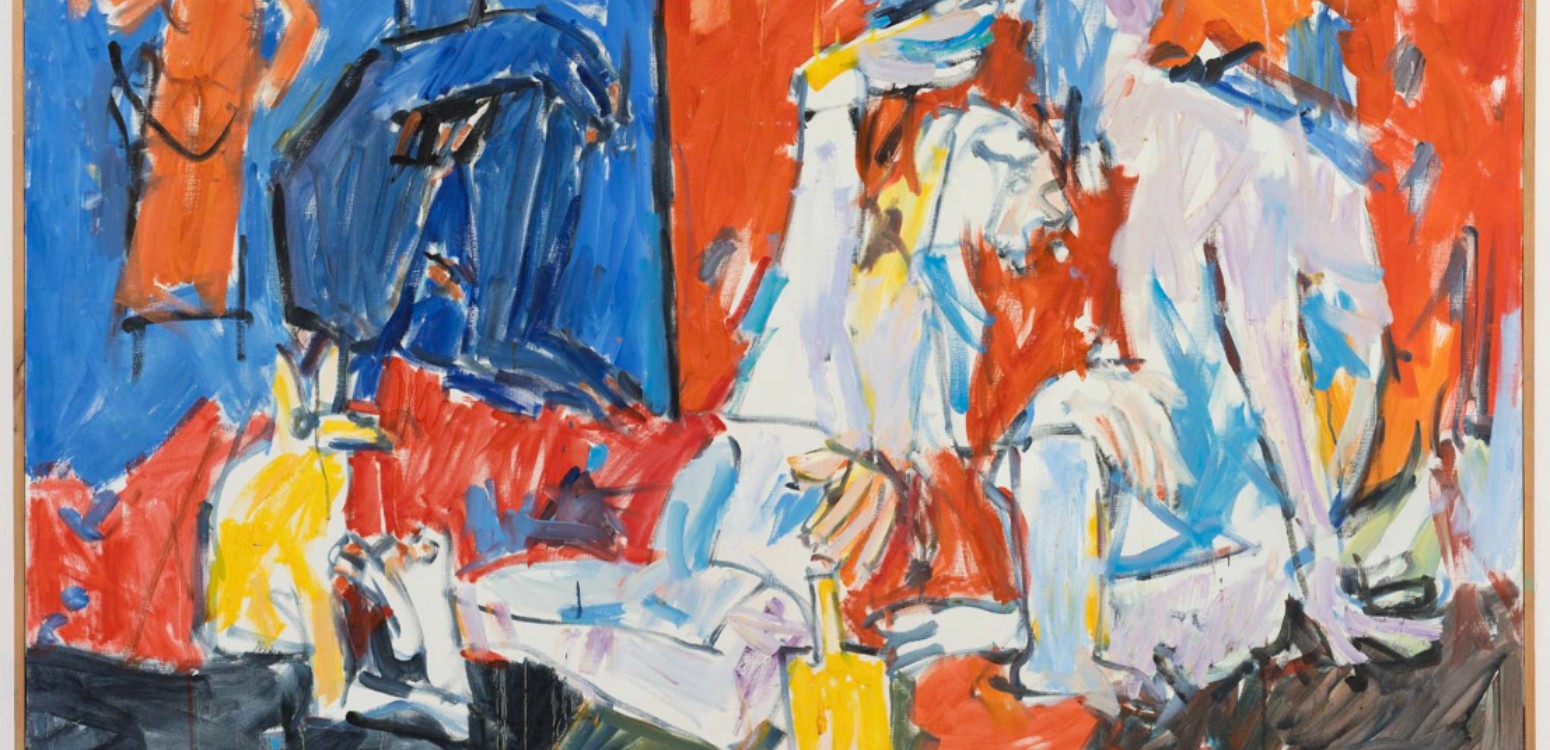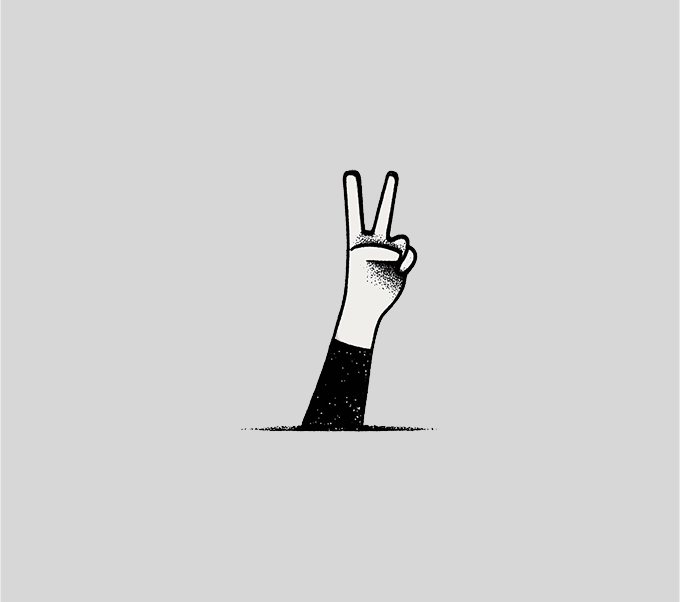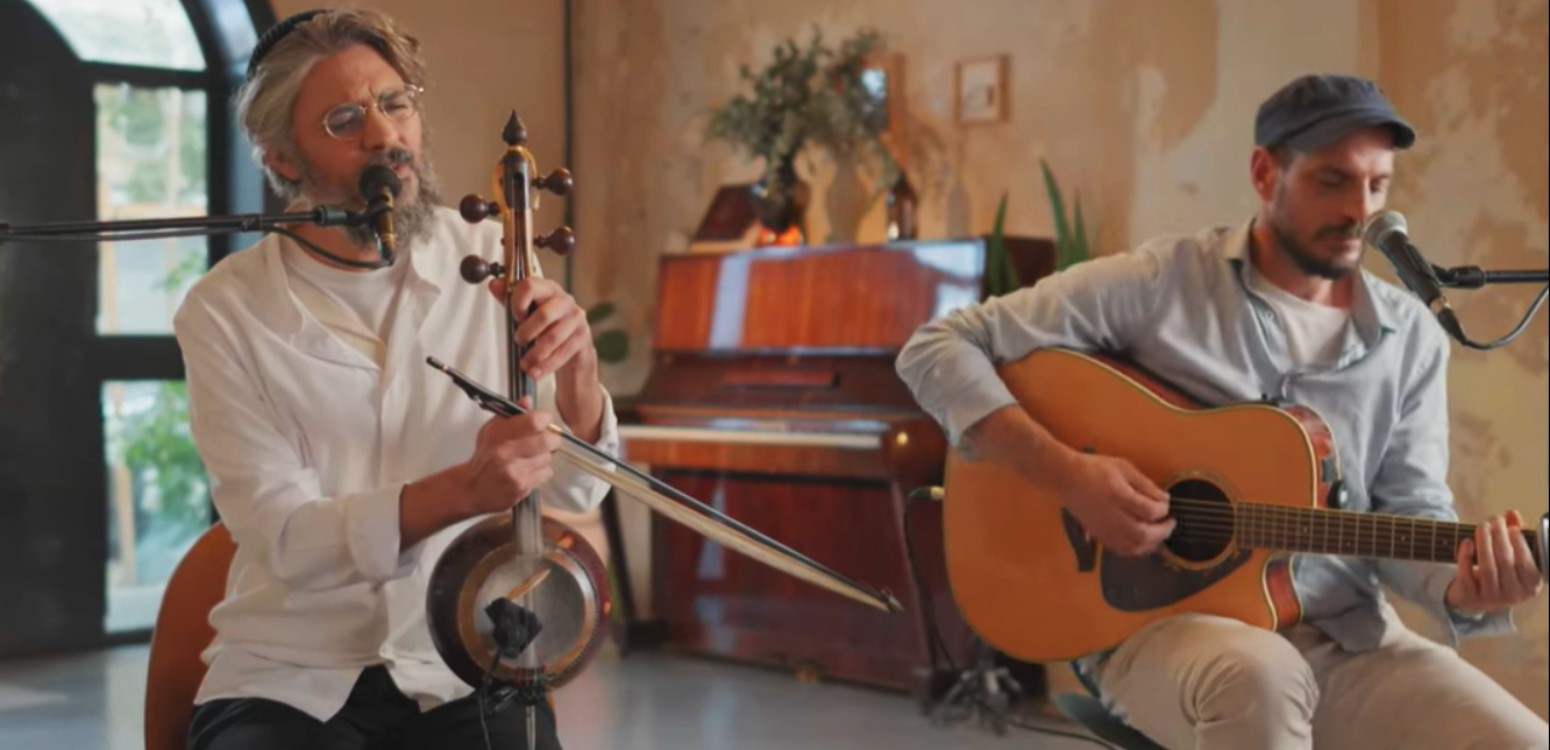
In Parashat Noah, a dove returns from the flooded earth with an olive leaf – a sign of hope and renewal. But the Torah teaches us something deeper: Noah had to extend his hand to help the dove back into the ark. Drawing on Picasso’s iconic imagery, and an Israeli song born from conflict, we explore what it means to actively create peace in our broken world
“The Lord saw how great was human wickedness on earth – how every plan devised by the human mind was nothing but evil all the time” (Genesis 6:5). “The earth is filled with lawlessness” (ibid., 6:13), and God brings a devastating flood. Only Noah, his family, and pairs of every living creature survive in the ark to begin the world anew.
After forty days of rain, Noah opens the ark’s window and sends out a dove. Can they finally disembark?
“Then he sent out the dove to see whether the waters had decreased from the surface of the ground. But the dove could not find a resting place for its foot, and returned to him to the ark, for there was water over all the earth. So putting out his hand, he took it into the ark with him. He waited another seven days, and again sent out the dove from the ark. The dove came back to him toward evening, and there in its bill was a plucked-off olive leaf! Then Noah knew that the waters had decreased on the earth. He waited still another seven days and sent the dove forth; and it did not return to him any more.” (Genesis 8:8-13)
The detail matters: Noah didn’t passively wait for peace. He reached out his hand beyond the ark’s safety to help the dove return. Only then could it bring back the olive leaf – the sign that life was possible again.
The symbol of peace
The dove with the olive leaf became a symbol of peace across cultures. Pablo Picasso revived this image in the modern West, painting a dove with an olive leaf against a bright white background in 1961. A year later, he created a lithograph showing a dove standing on weapons of war beneath a large sun, titled La Colombe de l’Avenir (“The Dove of The Future”).
This Picasso work hung in the home of Israeli poet, lyricist and composer Talma Alyagon-Roz, inspiring her song Yonah Im Aleh Shel Zayit (“Dove with an Olive Leaf”). In Picasso’s image, the dove’s foot rests on swords and weapons, not on solid ground. Alyagon-Roz captured this tension in her lyrics, writing that the dove of peace stands on the swords of another nation. Her
song insists that peace must not obscure the horrors of war – like Noah’s dove, which found no rest until a hand was extended to help it.
The song was performed in 1987 by popular Israeli military band Lehakat Pikud Darom (the Southern Command Band), with Haya Samir as soloist – the first Arab female soldier to serve in a military band. It was a symbolic and moving moment. But as we know and experience intensely, the dove in the song did not bring peace.
God’s commands after the flood carry both a warning and a promise. “Whoever sheds human blood, by human [hands] shall that one’s blood be shed; fin the image of God was humankind made” (Genesis 9:6). And God vows: “Never again shall there be a flood to destroy the earth” (ibid., 9:11).
God has kept His promise – there have been no more floods. But we haven’t yet kept ours. The challenge of creating a world without bloodshed still lies before us.
The story of Noah’s dove teaches us something crucial: the dove didn’t find rest on its own. Noah had to extend his hand – reaching beyond the safety of the ark, beyond his comfort – to bring it back. Only then could it return with the olive leaf, the sign that life was possible again.
We too must extend our hands. The dove of peace won’t simply arrive; we must help it. May we merit being the ones who reach out, so the dove can return with an olive leaf in its beak, and we will finally know that the waters have subsided.
Lior Tal Sadeh is an educator, writer, and author of “What Is Above, What Is Below” (Carmel, 2022). He hosts the daily “Source of Inspiration” podcast, produced by Beit Avi Chai.
For more insights into Parashat Noah, listen to “Source of Inspiration”.
Translation of most Hebrew texts sourced from Sefaria.org
Main Photo: A dove carrying an olive branch.\ Wikipedia
Also at Beit Avi Chai



